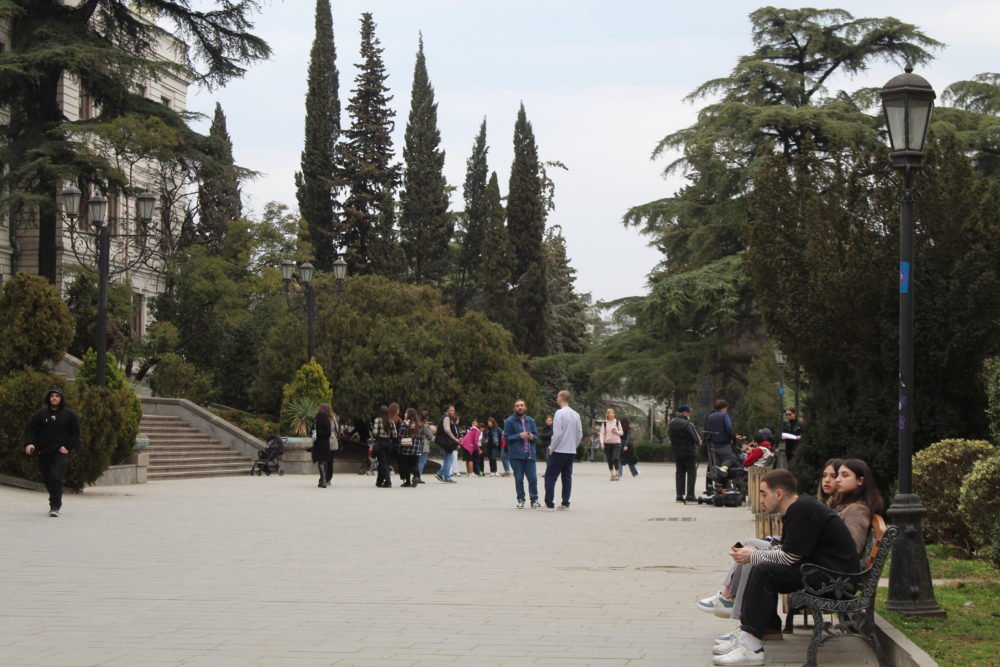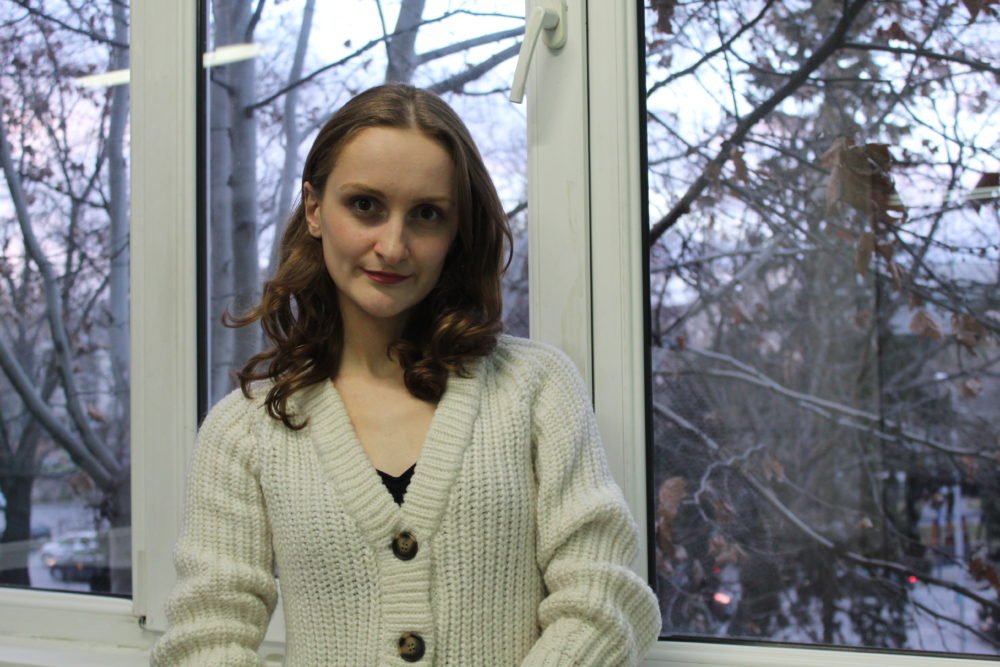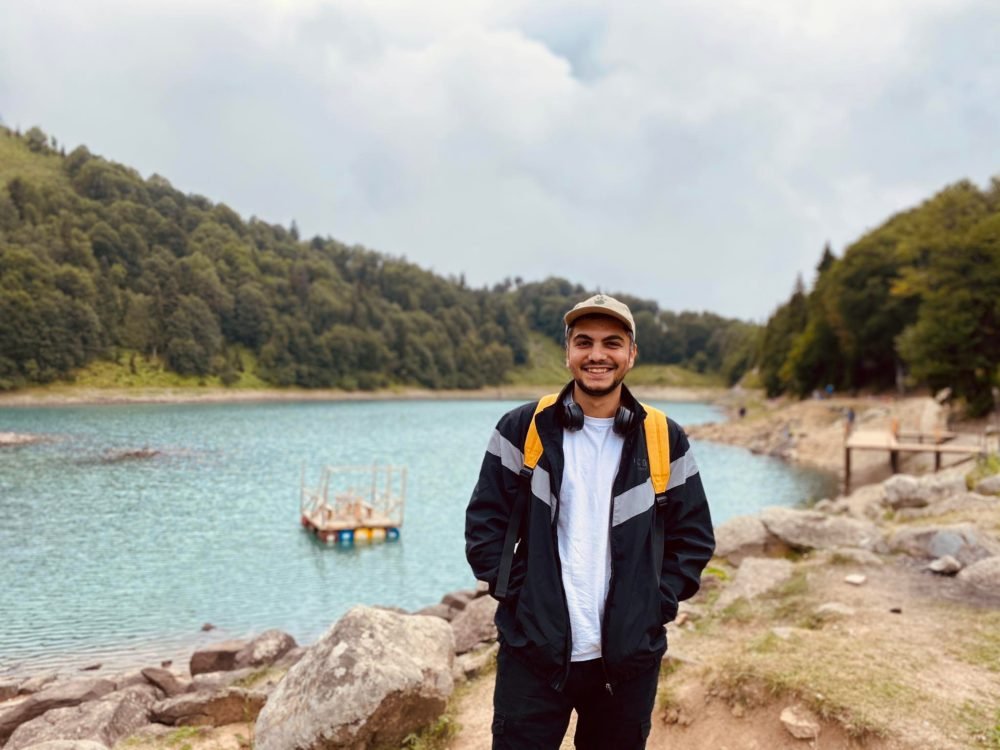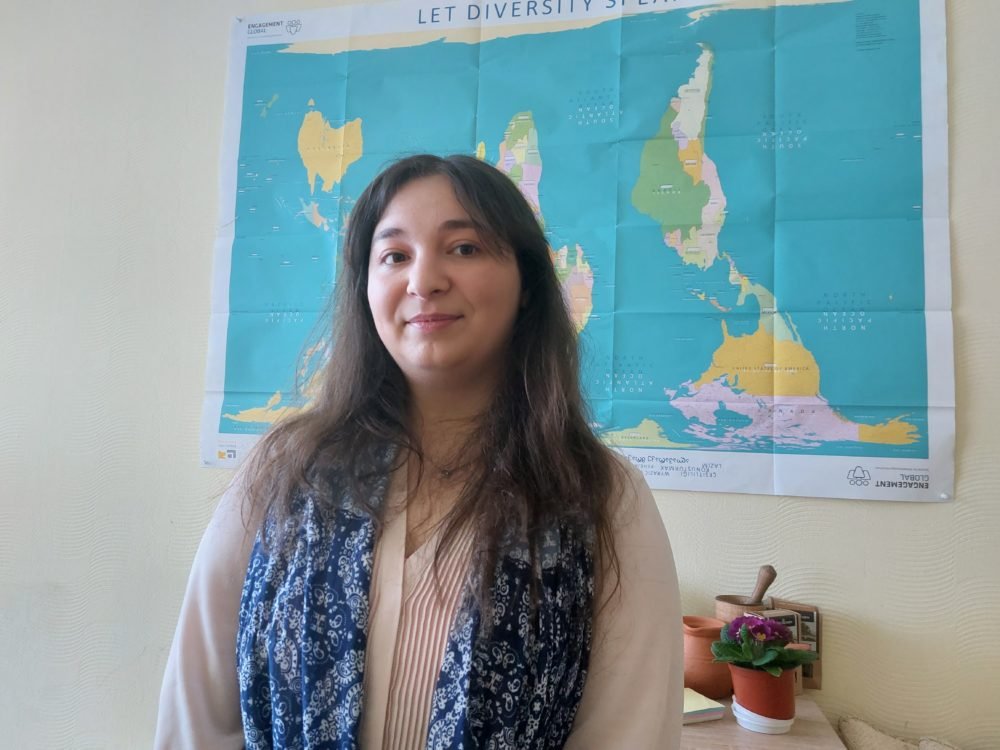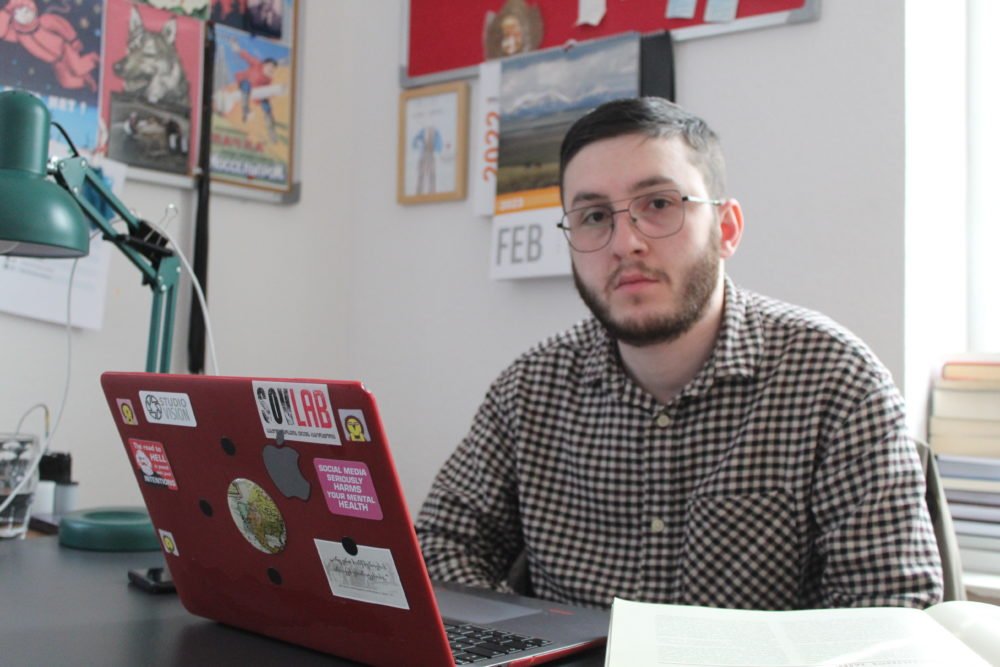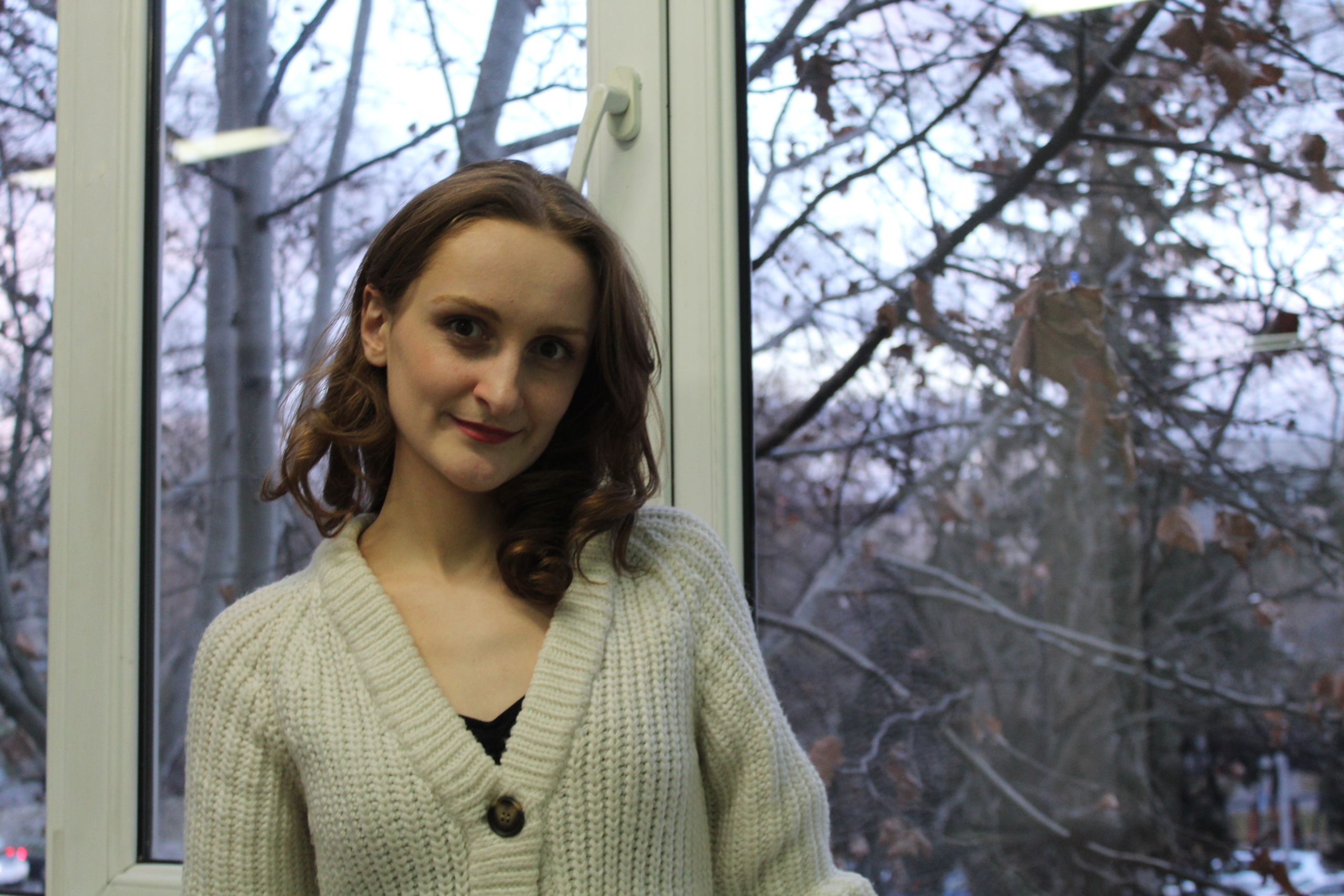
Russia’s war in Ukraine, as well as the 2020 war in Nagorno-Karabakh, has raised fears of Georgian military aggression in Abkhazia and South Ossetia.
Against the backdrop of the war in Ukraine, the Georgian authorities have not raised the prospect of any military incursion into the conflict regions.
In early March 2022, the CRRC Georgia and Caucasian House survey was published, which shows that Georgians are against any military solution to the conflicts in Abkhazia and South Ossetia.
The survey was conducted in the summer of 2021 and included 1116 Georgians between the ages of 18-29.
When asked whether the conflicts in Abkhazia and South Ossetia should be resolved by force or through negotiations, the overwhelming majority of Georgian youth (95%) answered that they support negotiations and not the use of force. Only 2% said that conflicts should be resolved by force, and 3% did not have an answer to the question.
Georgian youth want peaceful reconciliation with Abkhazians and Ossetians and I sought to ask them how they imagine this.
Until she turned 14, Tamta Kakhaberidze, 24, did not have a complete picture of the Georgian-Abkhazian and Georgian-Ossetian conflicts. In her family, she had only heard that Abkhazians and Ossetians are their brothers and sisters. 10 years ago, while scrolling on Facebook, Tamta came across content published by Netgazeti, a Georgian online media outlet, including the article, “What Abkhazian youth think about Georgia.” After reading an article written by a Sukhum/i based journalist, Tamta’s conceptualization of the Georgian-Abkhazian conflict completely shifted.
“I still remember the face of the short-curly-haired girl on the cover of the article. Then I thought seriously about this matter and the narrative of our brotherhood turned on me. It was short comments, 2-3 paragraphs, by young people, and when I read it, I had the feeling that ‘I have lived my whole life in a lie’. I read it too many times to not believe it. I discovered that they consider us enemies. Then I argued with my father, and asked why didn’t I know this before. Then I started thinking and discussing it with my friends, with whom I could talk about this subject”.
Once she came across a post by an Abkhaz girl around her age on Instagram, who was writing and supporting Abkhazia’s independence. The content of the post spurred irritation among a group of Georgian boys, who wrote insulting comments under the post. Tamta recalls that there were positive comments too.
“For example, they offered to participate in the discussion, someone called her into dialogue saying I understand why you think like this and so on. After this, the Abkhaz girl posted obscene comments from Georgians on her story. At that moment, my feminism woke up and I left a comment on her story, but I don’t think she saw it. I followed her on Instagram, but I never gathered the strength to write to her, and I don’t know how much she will respond. I just want to show kindness to her, but I’m afraid of doing worse. I can’t even think of what to write”.
She believes that human relations and the restoration of trust between people are important and the main problem, for her, is that young people do not know one another.
“I think that we should not start processes from above, but let people get to know each other and communicate. Then it will appear where the communication will take us, and in the process of this relationship, I want to show how we imagine a friendly coexistence. Also, I really want everyone to listen to the displaced people because I cannot soften and give up anything on their behalf”.
Giorgi Rizhvadze, 25, first heard about Georgia’s conflict regions at school. He is from the Adjara region of Western Georgia, and had no connection to the displaced population of Georgia before he became a student. He delved into the details of the Georgian-Abkhazian and Georgian-Ossetian conflicts as a student.
“I knew from those around me and from my family that any conflict should be resolved peacefully. Nobody wants war, especially our generation, who saw the 2008 war and everyone knows how terrible it is”.
Speaking about the Georgian-Abkhaz and Georgian-Ossetian conflicts, he states that human relations are most important to him.
“We have no contact with Abkhaz and Ossetians, we do not know what kind of people they are. If in the street, you stop Georgia’s young citizens and ask if they know an Abkhaz or Ossetian, they may say, ‘No,’ and vice versa in Abkhazia and the Tskhinval/i region. I think they don’t know us either, because communication and relationships are lost. In fact, they see us as the enemy. We also need to hear human stories. The stories of displaced people should be known to many people living in Abkhazia and the Tskhinval/i region. We should also know the Abkhazians’ and Ossetians’ stories. Only after this we will be able to understand each other better, perhaps”.
Giorgi connects the procrastination of the Georgian-Abkhazian and Georgian-Ossetian conflicts with Russia’s interests and propaganda, although he adds that these conflicts exist without Russia.
“There is no common language between us and this is a problem. Therefore, we must work harder to transform the conflict. This will ideally happen when Russia’s role weakens. We should focus on what unites us. Generally speaking, if oil spills from a ship in Batumi, it will reach Abkhazia, a natural cataclysm can unite us for example, and so on”.
Eleonora Tchania’s, 23, parents are from Sukhum/i. She was born in Tbilisi, but, as she says, grew up in virtual reality, in which she heard stories of Abkhazia from her parents and relatives.
“I never considered Abkhazia and Ossetia enemies, for me they are not only people living in the occupied territory of Georgia. When talking with them, I always think about what we have in common and whether we can live together. We need to find common points of contact that we can discuss together, make a common product together”.
Eleonora believes that the Georgian government has an inconsistent policy towards the conflict regions.
“Initiatives among young people can be related to cultural and economic elements that can be beneficial for both sides, or it can be part of a reflection, even on a psychological-emotional level, when both sides want to show their feeling and emotions, but this does not have to provoke tension and conflict. Unfortunately, in our society, especially among young people, Abkhazians and Ossetians have become part of mythology. Even information about the social, political, and economic life of Abkhaz is often comical for Georgians. Perhaps because Abkhaz feel that they have their own state, our society does not perceive this feeling as important”.
Badri Okujava’s, 26, parents are also from Sukhum/i. He was born in Georgia’s controlled territory in 1996. However, due to the displacement of his family, he heard about the Georgian-Abkhazian conflict since his childhood.
Badri’s activities are related to Abkhazia and he says that his identity is defined more by what he does, than by the fact that his parents are from Abkhazia. He obtained Bachelor’s and Master’s degrees in the political sciences and worked on the topic of Abkhazia at both academic levels. When he started working on his bachelor’s thesis, he found himself in the Soviet Past Research Laboratory (SOVLAB) and started working on the 19th-century history of Abkhazia. Here, he saw the processes from a completely different perspective.
“When you look at it from a historical perspective, you realize that everything is much more complicated than political analysts think. The Georgian-Abkhazian conflict turns out to be much more complex through a historical perspective. It is not only implied in this complexity that there was a permanent rivalry or rift between these two national or ethnic groups, no. There were many factors, including the fact that Georgia was under the influence of different empires – Ottoman, Russian. Abkhazia, on the one hand, was a territory of Ottoman influence, on the other – Russia’s, and all this made the relations between people difficult”.
According to Badri, the Georgian-Abkhazian and Georgian-Ossetian conflicts existed in some form even without the Russian factor, and will continue to exist, although he believes that if it were not for Russia, it would have been resolved easily.
“If we want to solve it peacefully, we should probably sit down and talk. We cannot talk alone, as long as Russia is there, we have to talk together with others, in this case probably with the European Union. Even if there is no Russia, we should not talk alone, but together with a mediator”.
Badri added that trade relations are considered important for the transformation of relations between societies.
